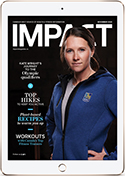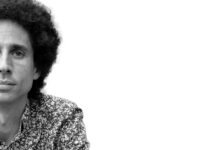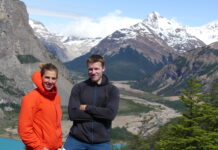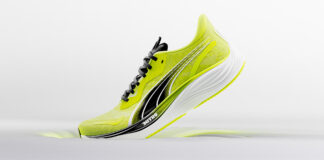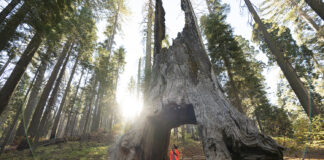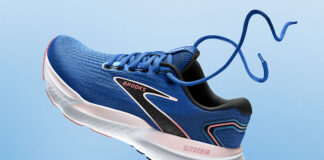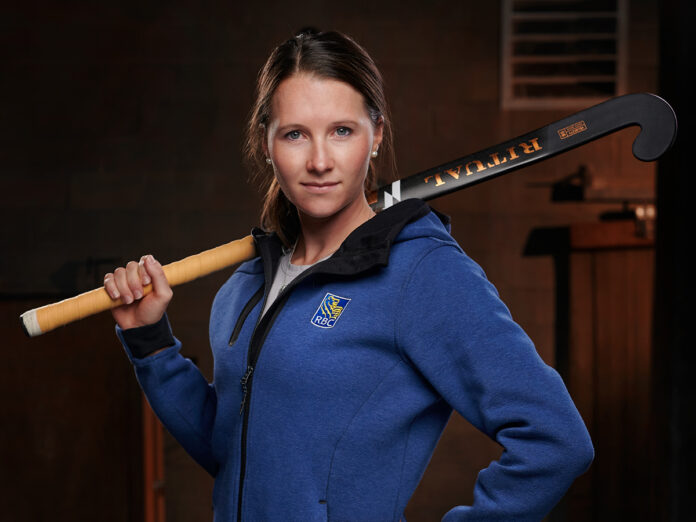
She’s an elite athlete with something to say. But Kate Wright, the Canadian women’s field hockey team captain since 2014, concedes her story might not follow the typical formula.
“In my experience, every time I hear someone speak there is a lot of success and it ends on a happy note,” says Wright, an RBC Olympians’ speaker.
“My audience never expects what actually happens. I have taken them through hours and hours of training and our successes, to a two-game qualifier in Ireland and then I take them to a sudden-death shoot out and us needing nine seconds when we only had eight.”
“Most of the time, the audience is in tears by end of it and I have to compose myself not to be in tears, too. Oh, we were so close.”
It’s easy to stick to a strong mental mindset when everything goes your way. But that winning attitude can be derailed quite quickly when it doesn’t.
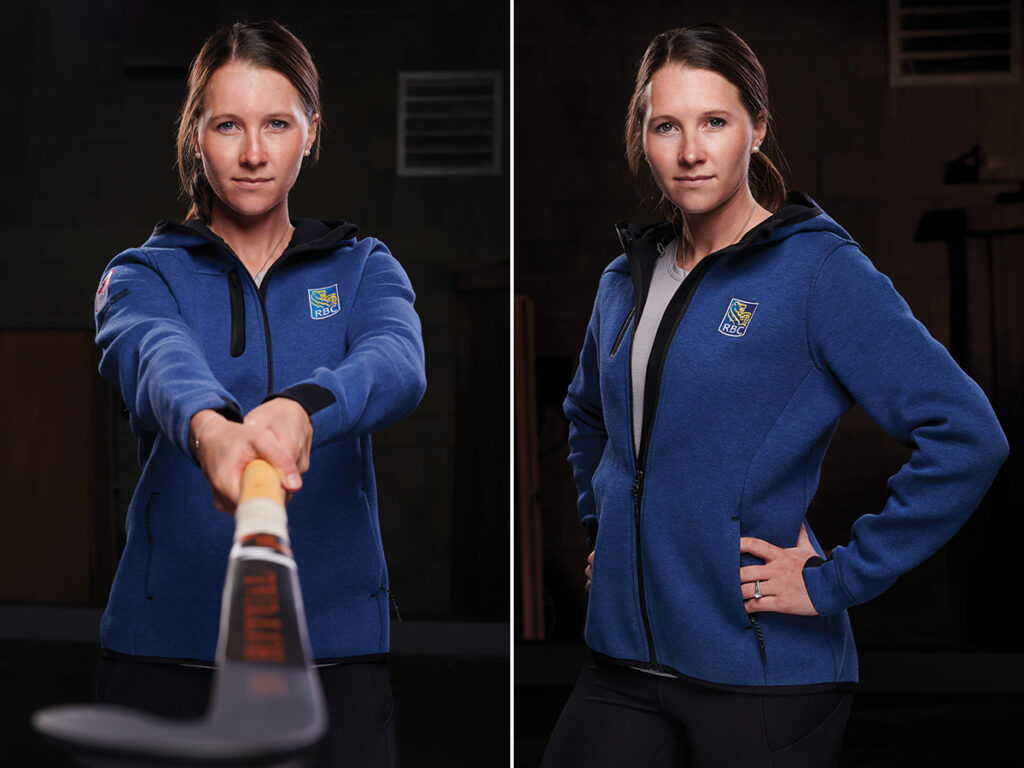
Wright teetered at that precipice when she inadvertently began her athletic career.
“It’s been quite the journey for me. I’ve been on the team for 13 years, almost half my life, and had a lot of setbacks and disappointments,” she says.
Wright made up for lost time despite a late start at age 14.
She made the senior field hockey team in Grade nine, probably the first time anyone at the school could say that, and from there everything pretty much fell into place. That same year, she made the provincial team. Three years later, the coach of the Canadian women’s field hockey team would cement Wright’s trajectory towards becoming an elite athlete by inviting her to Vancouver for a month-long trial.
Far from the comforts of home, with friends and family back in Ontario, Wright’s mental health journey began.
“As a kid growing up, I was pretty good at sports, so I never had the mental battle of not making a team or not being one of the best players,” she says. “My career was looking pretty good until 17 and I was the youngest by far when trying out for the national team.”
Living in her grandmother’s friend’s daughter’s house, Wright continued her studies by correspondence. Most of her time, however, was spent struggling out on the field up against girls who were older and armed with skills she had never seen.
Even the ground beneath her feet was unfamiliar.
“It was my first time playing on Astroturf. I was out of my league,” the 31-year-old says.“It was pretty tough. I definitely had a lot of tears. I was homesick and had never trained that hard before. It was completely exhausting and I felt a bit behind the eight-ball in terms of skill and presence on the field.”
But the girl who had long loved scoring goals and running fast had role models to lean on, a father who played in the NHL and a mother who competed for Canada in track and field.
For a while Wright was the kid running up and down the field chasing a ball she could barely touch – but in time, her never-give-up approach and persistence paid off.
“I wanted to perform and be the best I could be. It just threw me for a loop when it didn’t come so naturally. I knew if I worked hard enough I would get there,” Wright says. “Even though I might not have been the best or most skilled, I was so competitive and I think my coach realized I was willing to do whatever it took to be on the field.”
When she was finally named to the team in 2007, Wright wasn’t quite living the dream. Instead, she was chosen to play for just five minutes during the Olympic qualifier in Victoria.
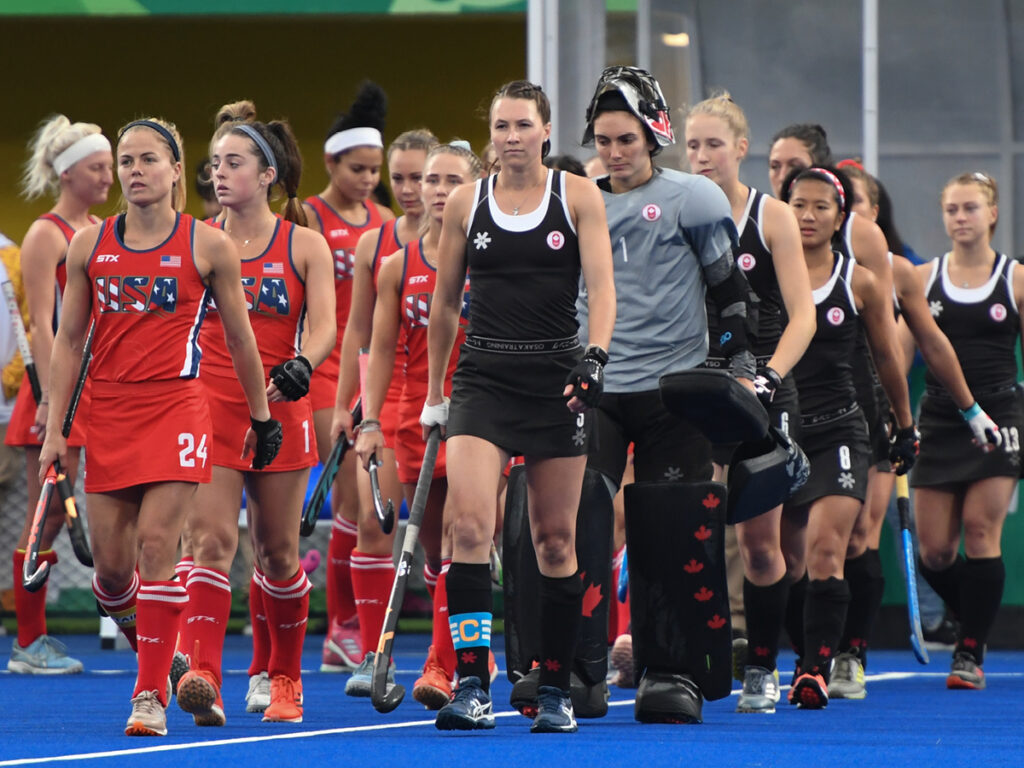
In the midst of that slow and painful climb, her father put it all into perspective in a way that has helped ground her ever since.
“He sat me down and told me to make that my game. In five minutes, do whatever you can,” Wright recalls. “That really resonated with me and has stayed with me from the moment he said it.”
“I really value being on the field. To this day, as captain and the highest-capped player in field history, I’m still nervous that I’m not going to be selected.”
The last six years have seen Wright and her team make impressive strides and suffer some incredible setbacks. A new coach, believing in their potential, pushed them to be positioned to compete on the world stage with the team moving up to 14th position internationally. But last year, they lost in that sudden-death shootout.
During what is probably the most attended women’s sporting event in that country’s history, as thousands and thousands of fans screamed support for Ireland so loudly the Canadian team couldn’t hear one another, their hopes to achieve an Olympic dream were dashed.
It was a defeat which broke their hearts and took their breath away.
“In the same breath, it showed us how close we were,” Wright says.
Forced to put her story down on paper as she prepared for speaking engagements as part of the RBC Olympian Program shifted Wright’s perspective.
“Our story is definitely one of resilience and bravery, and courage and strength and no end result will change that,” she says. “Really, it’s all about the journey. You really have to respect the journey and reflect.”
The team returned to Canada for Christmas break in 2019. And for Wright, who has spent years travelling around the world to compete, being home with her husband, Philip, was exactly the place she needed to be.
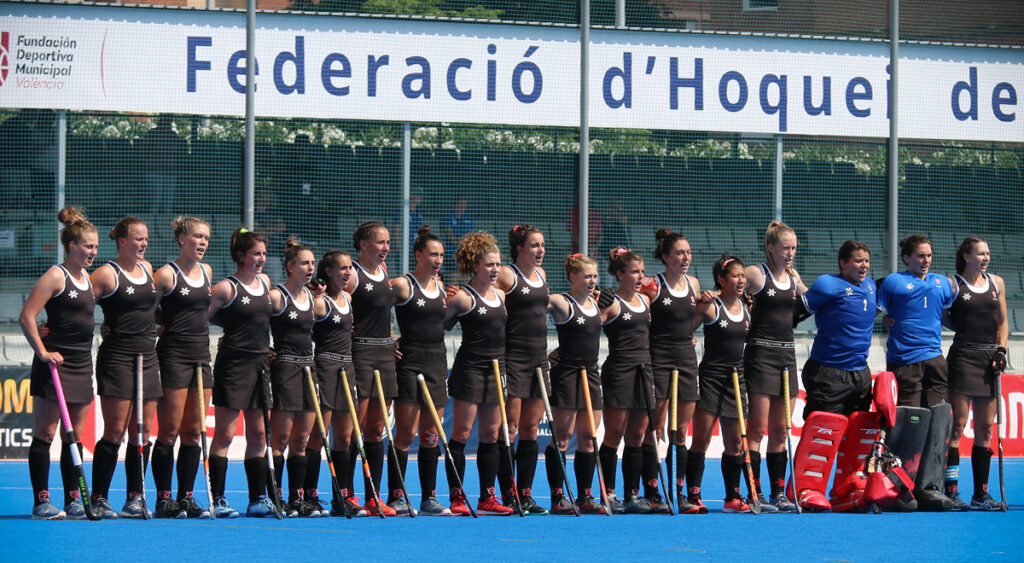
“I was supposed to go back for the second half of the season but had some surprise news,” Wright says as her newborn son, Charlie, chatters in the background.
“We are obviously thrilled and it was a pretty good year to be pregnant. I didn’t miss a single game and I think, for my mental health, it was probably pretty important.”
“Being oldest on the team, I felt like a mother in a lot of ways,” she adds. “Having your own child – it’s indescribable. Both my husband and I want to make him proud and be good examples for him in everything we do.”
Wright says her career has given her lessons she will lean on for the rest of her life.
“The Olympics, in my mind, was the be-all and end-all. But I realize I can’t summarize my entire career by one game,” she says. “It’s easy to see my journey of being on the national team is just as important and I’m really proud of that. It’s really important to celebrate the journey. We have so much to be proud of – the most success the women’s team had (achieved) in over 30 years.”
These days, Wright’s workouts are versions of mom n’ me classes via Zoom. She’s not retired, although she also doesn’t know what’s next.
“We don’t know what international hockey looks like especially for us here in Canada. The girls only got back on the field six weeks ago and were six feet apart,” she says.
“I’m always hungry for more and we were not satisfied with that result so it pushes us to keep competing.”
Athlete Highlights
| Event/Team | Year(s) |
| Canadian Field Hockey Team – Captain | 2012 – present |
| Canadian Field Hockey Team – All time cap leader | – |
| Commonwealth Games | 2018, 2014, 2010 |
| Pan American Games – Silver Medalist | 2019 |
| Pan American Games – Bronze Medalist | 2015 |
| Pan American Games – Torch Bearer | 2015 |
| Pan American Elite Team | 2013 |
| Field Hockey Canada – Female Athlete of the Year | 2013 |
RBC Olympians Program
Dedicating years to sport is an all-consuming endeavor for Canada’s elite athletes. But when they are done chasing Olympic dreams, an entire world of new opportunities awaits.
“We recognized an elite athlete probably started their sport at an early age and their entire life was dedicated to that sport,” says Jerilynn Daniels, RBC’s Regional Director, Community Marketing and Citizenship (Alberta & Territories).
“In many cases when they are set to retire at the ripe old age of 20 whatever or 30 whatever, many don’t have a lot of real-world work experience.”
In 2002, RBC launched its Olympians Program to help athletes better prepare for life after sport. Olympic and ParaSport athletes, recruited to work as ambassadors, get work experience and connections that will serve them in their next career.
“It takes an incredibly strong person to endure the tireless training and approach each day with resilience and mental fortitude in these uncertain times,” said RBC Regional President Jeff Boyd, Alberta & Territories. “These athletes have given their lives to sport and train so diligently to represent our country on the world stage. I’m confident our RBC Olympians have the strong mental endurance to overcome new challenges and prepare for a whole new competition in Tokyo.”
Key to its success, is the recognition that transitioning to life after sport can be tough even for individuals with the mental fitness required to achieve athletic goals on the world stage.
It requires preparation which the Olympians Program provides through boots-on-ground experience and opportunities to, essentially, repurpose the very skills that made them champions in sport into whatever will see them excel in occupations they pursue after they hang up their skates.
It builds the tools and confidence required to make the mental shift from living in the Olympic realm to something, perhaps, a bit more ordinary.
Athletes hired into the program work with RBC’s sponsorship and marketing teams and represent the corporation at community events, including speaking engagements which are mostly virtual these days.
Their sports commitments are priority with the program working around training and competing schedules in a way few, if any, employer would.
The program is as much an investment in an athlete as it is a gift to Canadian communities with the Olympians uniquely positioned to share experience on everything from fitness to strategies on goal setting and the moxie it takes to achieve a winning mental mindset.
“They bring a level of conversation many of us can’t imagine. What does it feel like to walk into an Olympic stadium and represent your country? What did it feel like to win a gold medal or what did it feel like to miss it by 1/100th of a second? They teach us a lot about resiliency,” Daniels says.
The Olympians Program is just one way RBC is committed to young Canadians.
With RBC Future Launch, it is investing more than $500 million over 10 years into preparing youth of today for the future, mental health being just one component of the initiative which is the largest commitment to a single issue made by a corporation in Canadian history.
Photography by Todd Duncan, Yan Huckendubler and Emma Van Mol
 IMPACT Magazine’s November Edition
IMPACT Magazine’s November Edition
RBC Olympic hopefuls Hayley Daniels, Sam Effah and Kate Wright as our inspiring cover athlete stories! Get prepared for winter running, making movement part of your workday, and exploring great hikes near Calgary and Vancouver.

